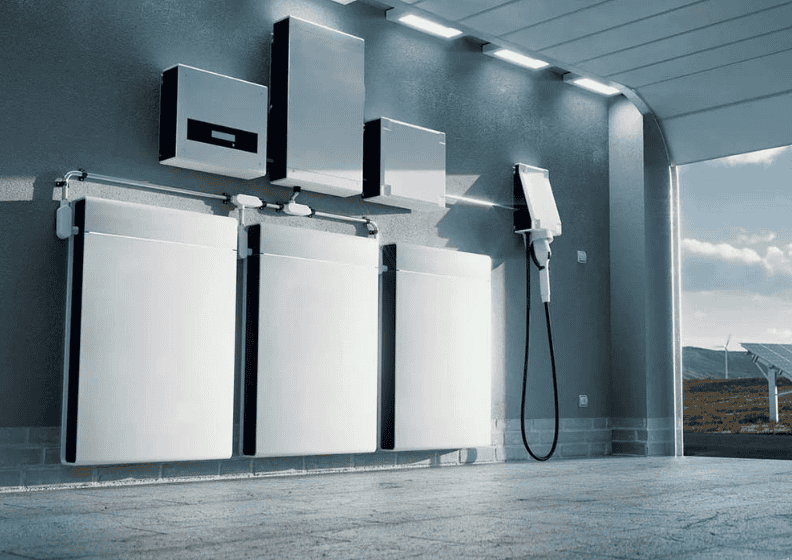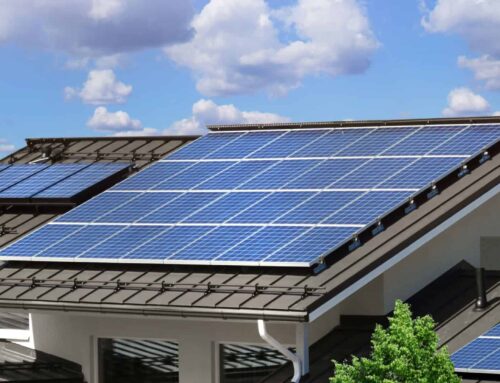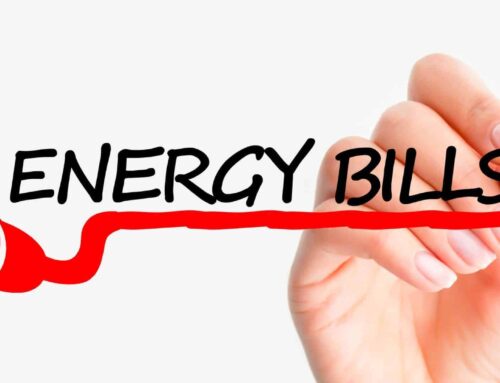Off-Grid Solar in Rhode Island: Benefits and Rules
While in Rhode Island, it’s not technically ‘illegal’ to go fully off-grid, it is, however, illegal to do solar upgrades to your home’s electrical system without proper permitting. Therefore, due to local regulations, it’s impossible to go completely off-grid without doing something illegal! Still, DIY solar has many benefits worth exploring.
Why Choose DIY Solar?
DIY solar systems can save money. You buy and install the parts yourself, like a solar panel kit or homemade solar charger. This reduces the cost of hiring professionals and makes solar power more affordable.
On the flip side, Rhode Island’s local utility grid has a strenuous application process. Engineering the system to meet your specific needs while adhering to local building and zoning codes can be challenging—even for experienced homeowners. However, a solar panel installation guide or solar energy DIY tutorial can help simplify the process.
DIY solar lets you design a system for your needs, such as an off-grid solar setup for a small cabin or solar power for an RV. In Rhode Island, though, you must go through another difficult application process to produce even 1% more electricity than you’re currently using.
The Rules in Rhode Island
Staying connected to a utility grid that you desperately need, but is constantly raising costs, is not something anyone wants to sign up for. However, this ensures everyone has reliable power, even during extreme weather or emergencies. The state’s rules prioritize safety and energy reliability for all residents.
Finding a Middle Ground
DIY solar has many advantages. It saves money, helps the planet, and gives you some energy independence. But Rhode Island’s rules limit what you can do.
If you’re a true “DIY-er,” the best option might be a hybrid system. These systems combine solar panels and batteries while staying tied to the grid. Hybrid setups let you enjoy the benefits of renewable energy and store power for outages. You might also try a solar battery project or solar thermal DIY for added flexibility. They allow you to lower your energy bills without sacrificing the grid’s reliability. By staying connected, you can ensure access to power during extreme weather and meet the state’s safety standards.
Conclusion
As Rhode Island’s rules make full off-grid living impossible, you can still use solar to save money and energy. Cheap solar power solutions, like solar panel kits or DIY tutorials, are great ways to make your own power and help the environment. You just need to follow the rules. Above all, prioritize safety when working on your DIY solar system. Proper planning and adherence to guidelines are essential.







